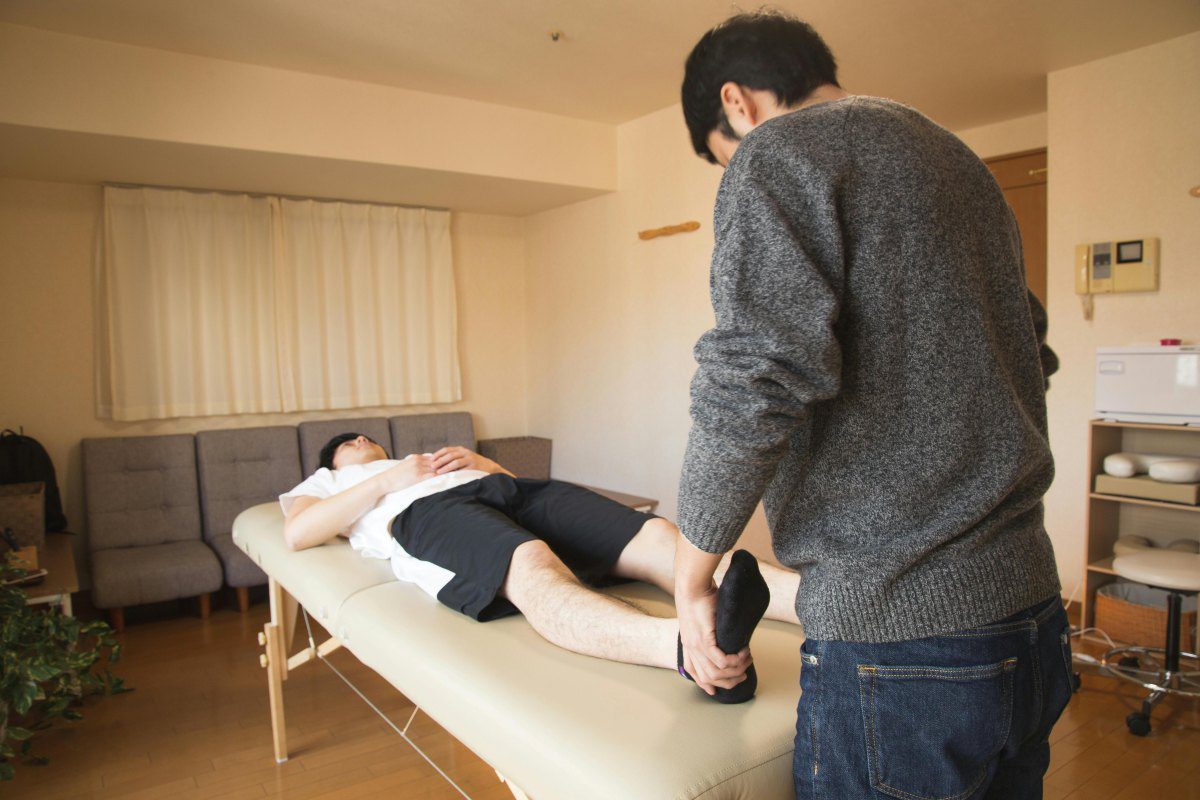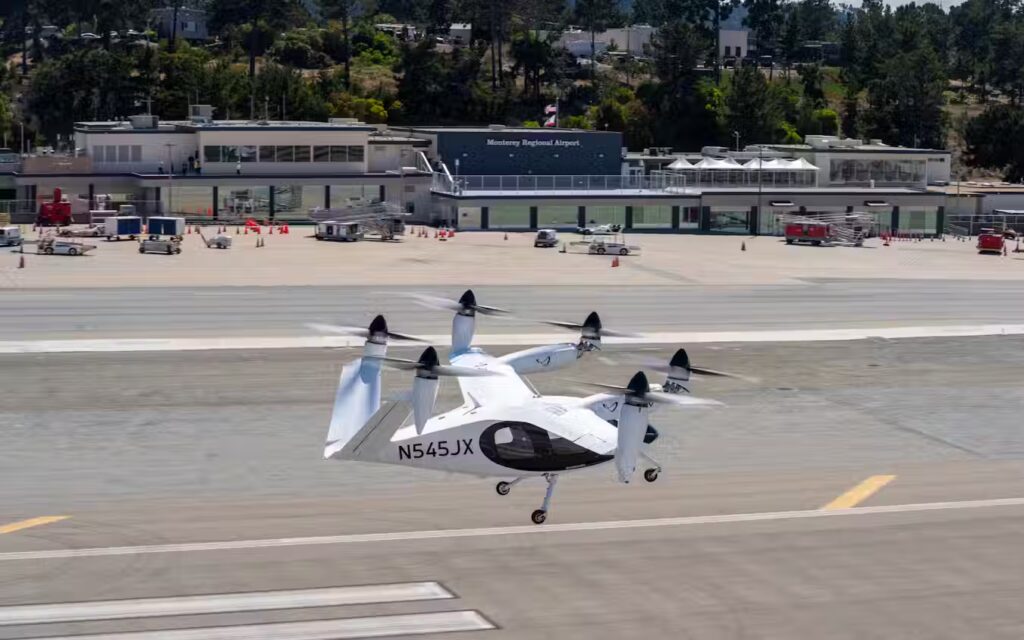India’s healthcare community is buzzing with debate after a head-spinning 24-hour reversal on whether physiotherapists can use the “Dr.” prefix. The whiplash-inducing policy shift has left patients wondering who actually gets to be called a doctor in India’s healthcare system.
On September 9, 2025, just a day after World Physiotherapy Day, the Directorate General of Health Services (DGHS) issued a letter to the Indian Medical Association (IMA) National President Dr. Dilip Bhanushali stating that physiotherapists cannot use the “Dr.” prefix.
In the letter, DGHS Director General Dr. Sunita Sharma wrote: “Persons with qualifications in physiotherapy are not entitled to use the prefix ‘Dr.’ under any circumstances whatsoever.”
Just one day later, on September 10, 2025, the DGHS withdrew this directive in another communication addressed to the National Commission for Allied and Healthcare Professions (NCAHP), AIIMS Nagpur, and the IMA President. The letter stated: “This is with reference to the D.O. Letter No.Z.28017/91/2025-SAS-III (FTS.8356966) dated 9th September, 2025 regarding the use of the prefix ‘Dr’ and suffix ‘PT’ by Physiotherapists in India. Thereafter, representations have been received on this matter which require further examination and deliberations. Hence, the aforesaid D.O. letter may be treated as withdrawn as the matter requires further examination.”
Similar Posts
The controversy ignited when the National Commission for Allied and Healthcare Professions (NCAHP) released its Competency-Based Curriculum for Physiotherapy 2025 on April 23, 2025. The curriculum specifically recommended: “The recommended title thus stands as the ‘Physiotherapist’ with the Prefix ‘Dr’ and suffix ‘PT’.”
This curriculum also introduced significant changes for physiotherapy education:
- Extension of the Bachelor of Physiotherapy (BPT) program to 5 years (4 academic years + 1 year mandatory internship)
- Making NEET (National Eligibility-Entrance Test) mandatory for admission to physiotherapy programs
- Recognition of physiotherapists as independent practitioners, as defined in the NCAHP Act, 2021, which explicitly states that physiotherapists can “practice independently or as part of a multidisciplinary team”
The DGHS cited patient safety concerns in their initial letter: “Physiotherapists should not be permitted to practice primary care and should only treat referred patients, as they are not trained to diagnose medical conditions which may worsen with inappropriate physiotherapy intervention.”
The letter also warned that using “Dr.” could “mislead patients and the general public, potentially leading to quackery.”
Meanwhile, the NCAHP curriculum defines physiotherapists as healthcare professionals who “practice physiotherapy by undertaking comprehensive screening, diagnosis, treatment, health promotion, and fitness” and can “practice independently or as part of a multidisciplinary team.”
The Indian Medical Degrees Act of 1916 has historically regulated the conferral and use of titles implying qualification in Western medical science. The DGHS letter noted: “The Ethics Committee of the Council (Paramedical and Physiotherapy Central Council Bill, 2007) had earlier decided that the title ‘Doctor’ (Dr.) may only be used by registered medical practitioners of Modern Medicine, Ayurveda, Homoeopathy, and Unani.”
The letter added that a legal opinion adopted in 2004 stated that “any physiotherapist using the title ‘Doctor’ without holding a recognized medical qualification would be violating provisions of the Indian Medical Degrees Act, 1916. Such violation attracts action under Section 7 of the Act for contravention of Section 6 & 6A.”
Past court rulings from Patna and Madras High Courts have also prohibited physiotherapists from using the “Dr.” title unless they are enrolled in the State Medical Register.
While this debate continues, patients should know:
- When seeking care, you can directly ask about a provider’s qualifications and scope of practice
- Physiotherapists complete extensive training—now a 5-year program including internship—with expertise in physical rehabilitation
- Check for the “PT” suffix which specifically identifies physiotherapists regardless of whether they use “Dr.”
- For medical diagnoses, physicians registered with the National Medical Commission remain your primary resource
- Many health conditions benefit from collaborative care between physicians and physiotherapists
For allied healthcare professionals in India, including physiotherapists:
- The status of using “Dr.” remains unresolved pending further examination
- Continue using your current professional designation until official clarification arrives
- The NCAHP curriculum’s other elements, including education standards and scope of practice definitions, remain in effect with implementation planned for 2026
- Document any patient confusion about titles to help inform the ongoing policy discussion
The Ministry of Health has temporarily withdrawn the directive while conducting further examination of the issue. Both physiotherapists and medical associations await the final decision.The debate covers questions of professional standards, patient understanding, and healthcare team dynamics that affect daily practice across India.

















